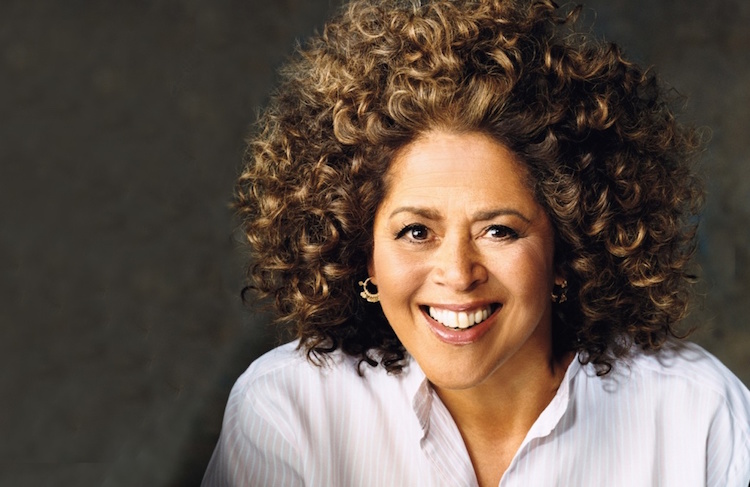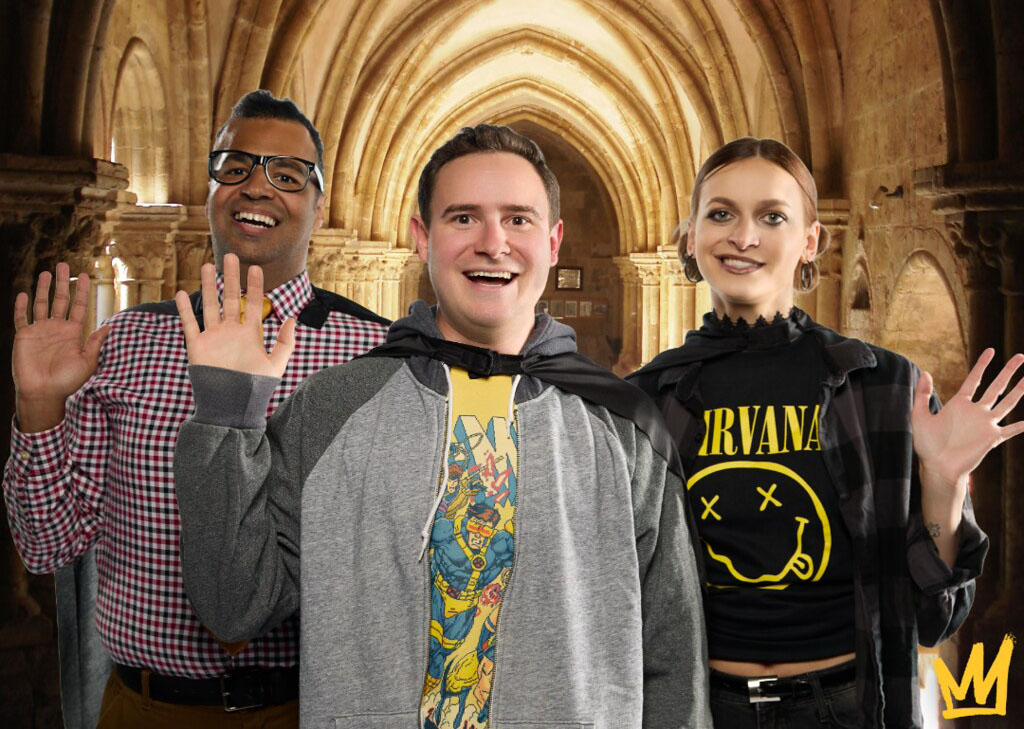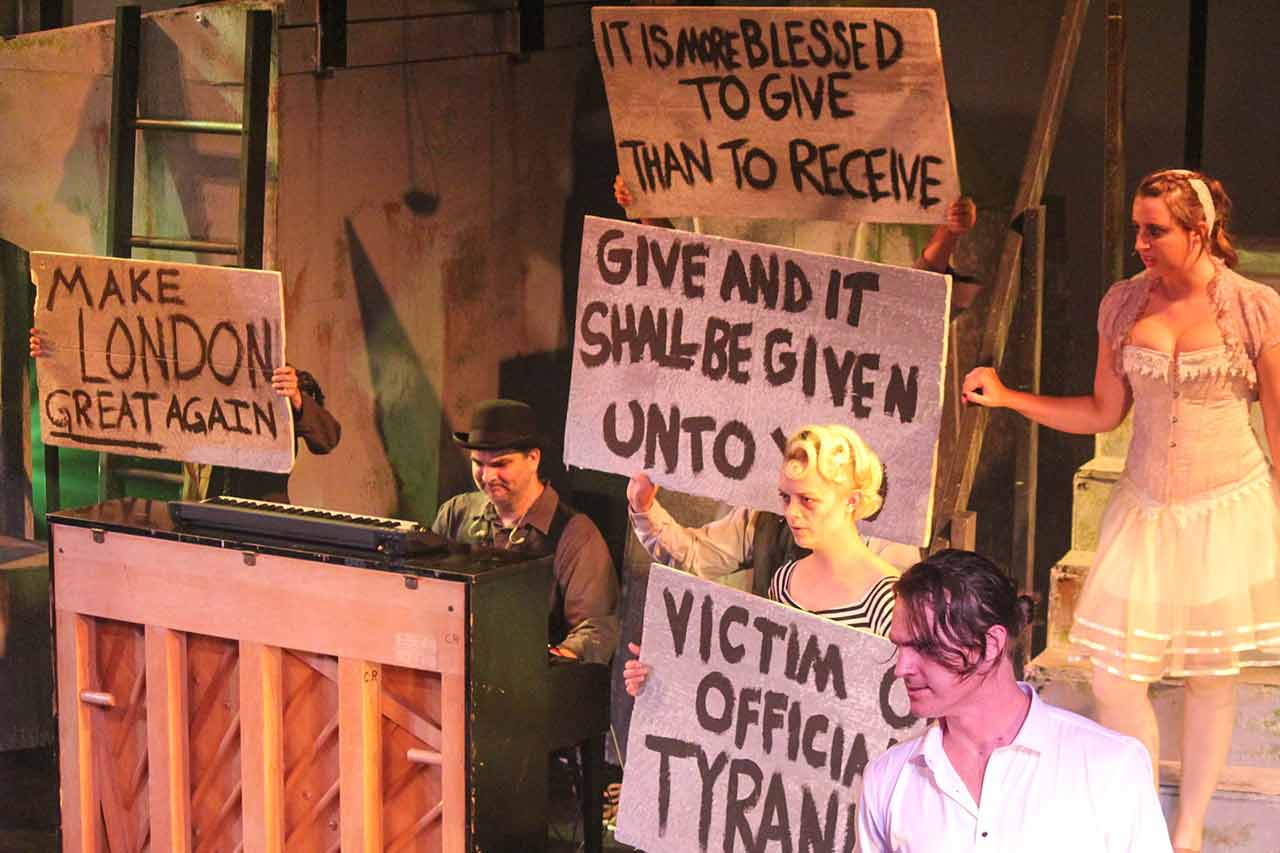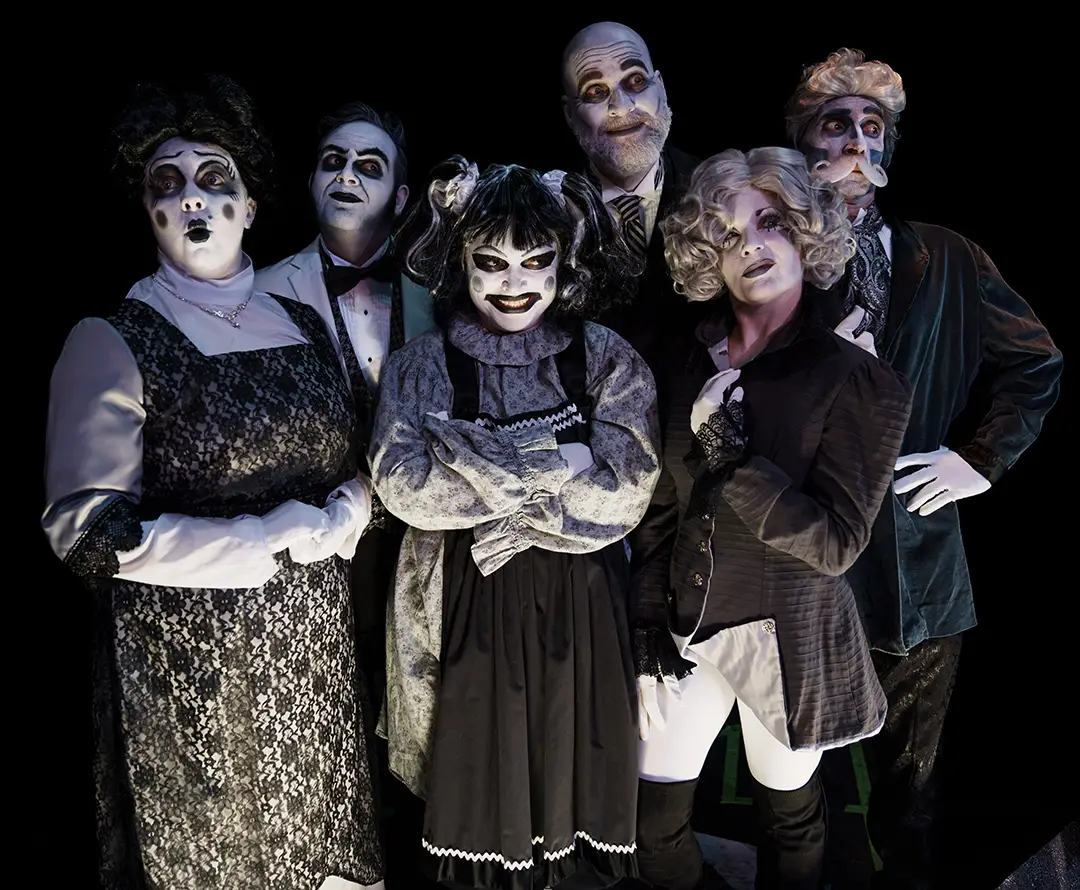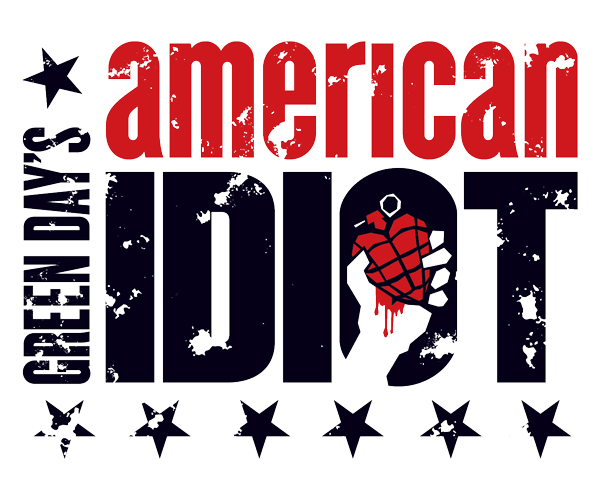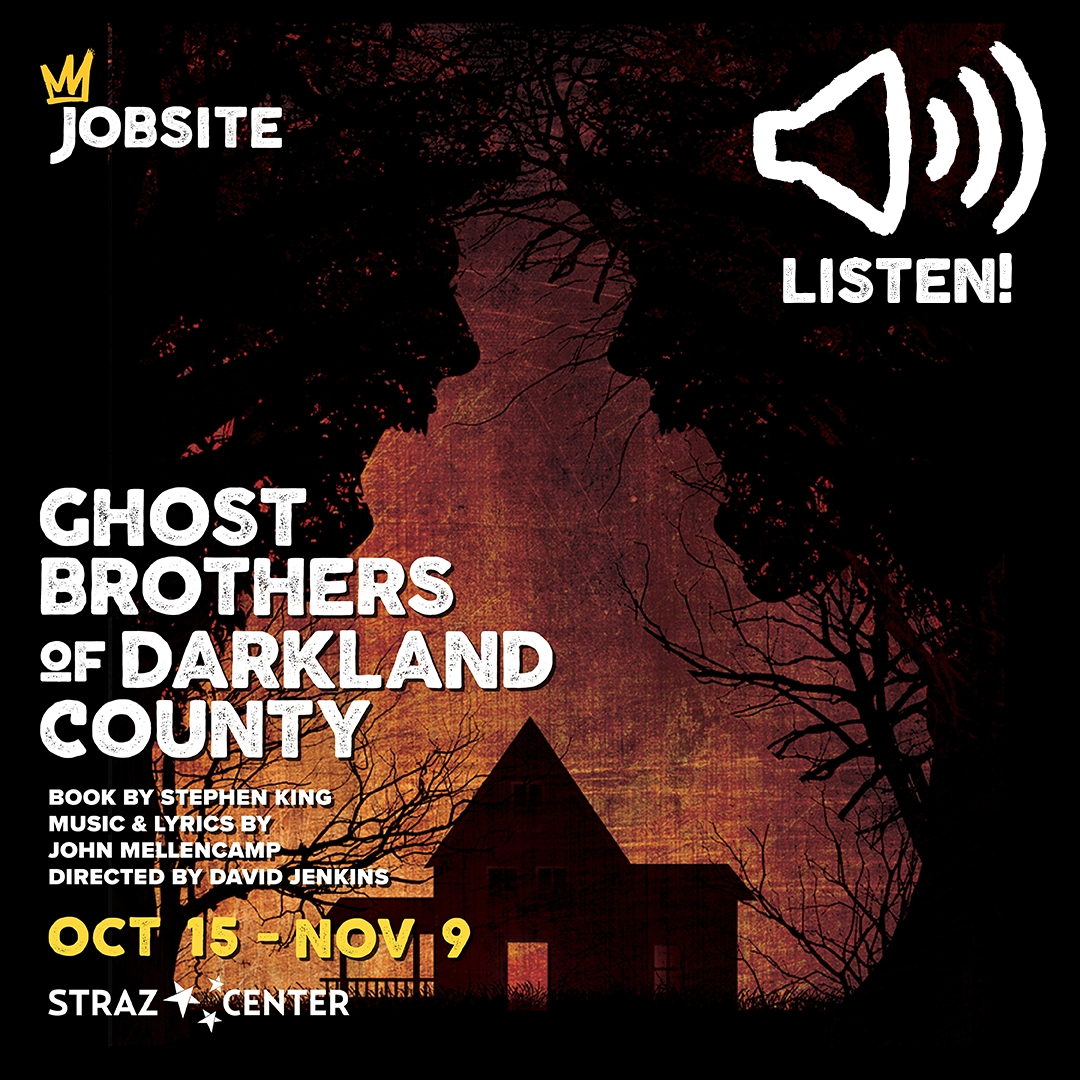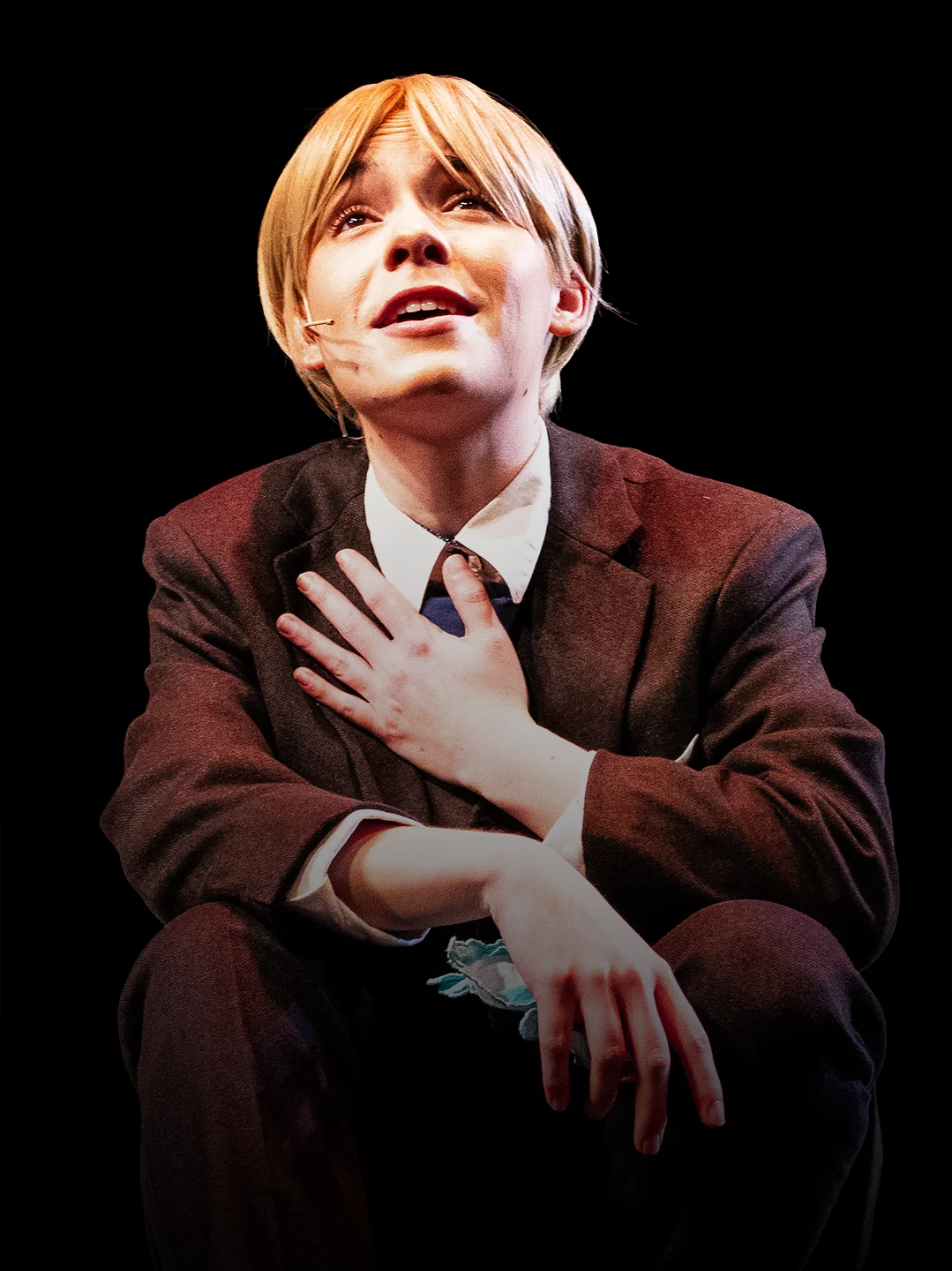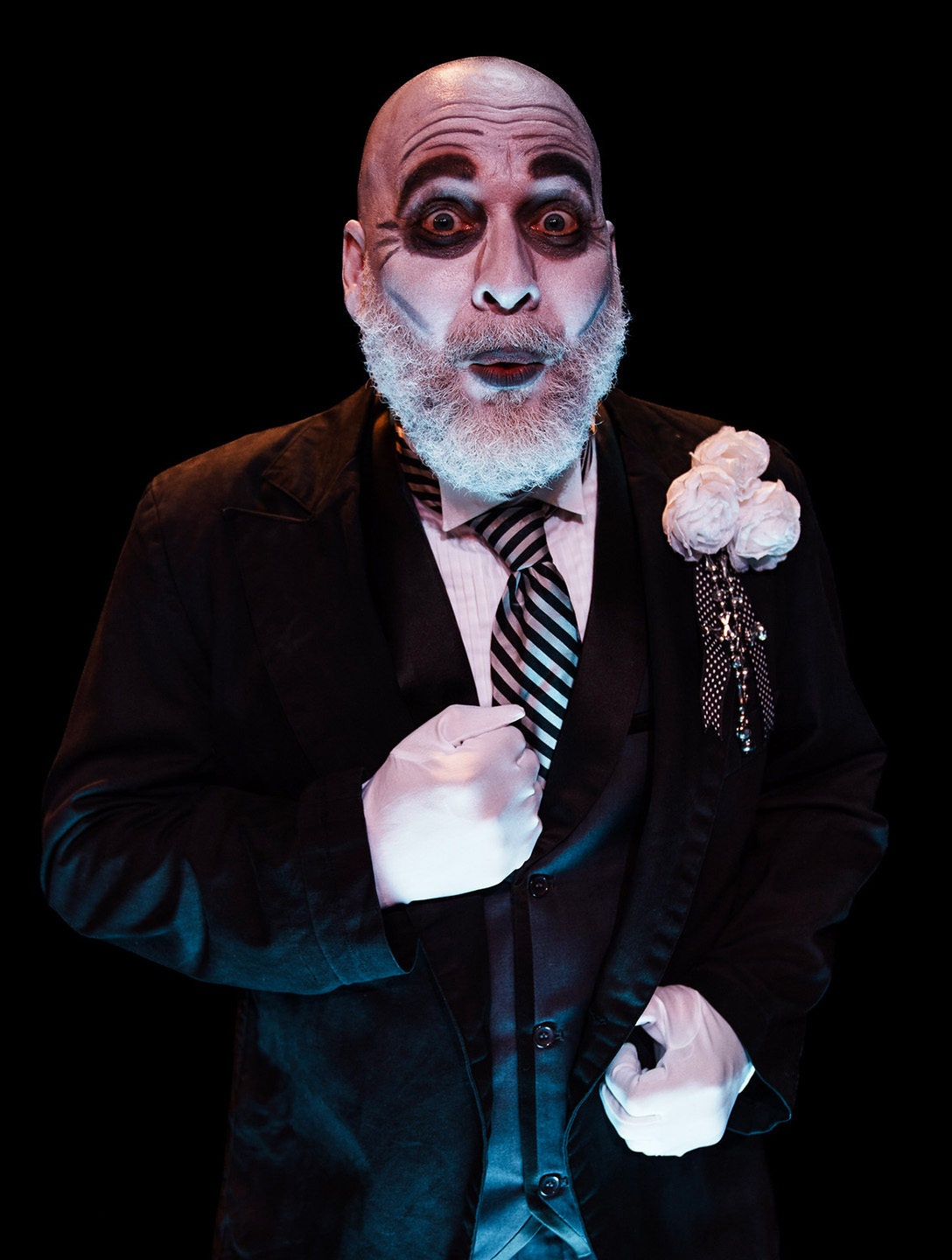The following introduction to Twilight: Los Angeles, 1992 is from playwright Anna Deveare Smith, taken from a study guide created by Facing History and Ourselves. Any edits for clarity are clearly marked between [brackets].
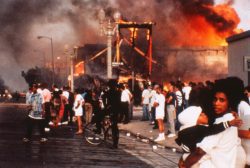 In May 1992 I was commissioned by the Mark Taper Forum in Los Angeles to create a one-woman performance piece about the civil disturbances in that city the month before. Twilight: Los Angeles is the product of my search for the character of the city in the wake of the verdict in the first trial of the police officers accused in the beating of Rodney King — which, depending on your point of view, would be variously referred to as a “riot,” an “uprising,” and/or a “rebellion.”
In May 1992 I was commissioned by the Mark Taper Forum in Los Angeles to create a one-woman performance piece about the civil disturbances in that city the month before. Twilight: Los Angeles is the product of my search for the character of the city in the wake of the verdict in the first trial of the police officers accused in the beating of Rodney King — which, depending on your point of view, would be variously referred to as a “riot,” an “uprising,” and/or a “rebellion.”
I have been particularly interested in how the events in Los Angeles give us an opportunity to take stock of the changing racial landscape in America. Since the 1992 riots, our attitudes about race have shifted. As the character Twilight Bey indicates to us, we are in “a twilight,” that time between day and night. Part of perceiving the light is seeing race as more than a black-and-white picture.
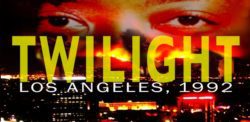 Where [does theater] fit into this? [Theater] can participate in civic discourse and even influence national attitudes by using the power of entertainment, spectacle, and dialogue. At a time when our national conversation about race has become, to some extent, merely fragments of monologues, Twilight: Los Angeles seeks to create a conversation from these fragments. It seeks to be a part of that conversation.
Where [does theater] fit into this? [Theater] can participate in civic discourse and even influence national attitudes by using the power of entertainment, spectacle, and dialogue. At a time when our national conversation about race has become, to some extent, merely fragments of monologues, Twilight: Los Angeles seeks to create a conversation from these fragments. It seeks to be a part of that conversation.
Creating Twilight was a particular challenge, because of the number and the diversity of the voices I gathered through interviews. I developed Twilight with the help of four other people of various races who functioned as dramaturges (a dramaturge is a person who assists in the preparation of the text of a play and can offer an outside perspective to those who are more active in the process of staging the play). These dramaturges brought their own real-world experience with race to bear on the work. They reacted to Twilight at every stage of its development.
 My predominant concern about the creation of Twilight was that my own history, which is a history of race as a black and white struggle, would make the work narrower than it should be. For this reason, I sought out dramaturges who had very developed careers and identities outside the theater profession. I was interested not only in their ethnic diversity but also in their professional diversity.
My predominant concern about the creation of Twilight was that my own history, which is a history of race as a black and white struggle, would make the work narrower than it should be. For this reason, I sought out dramaturges who had very developed careers and identities outside the theater profession. I was interested not only in their ethnic diversity but also in their professional diversity.
Among the people I asked to join me were Dorinne Kondo, a Japanese American anthropologist and feminist scholar; Hector Tobar, a Guatemalan American reporter from the Los Angeles Times, and the African American poet and professor Elizabeth Alexander. Oskar Eustis, who is white and a resident director at the Mark Taper Theater, also joined the dramaturgical team. Many of our meetings were very emotional. They were dramas in and of themselves. The most outspoken members of the group were Dorinne and Hector. They passionately attacked the black-and-white canvas that most of us in the room were inclined to perpetuate.
In the end, Twilight is a document of what I, as an actress, heard in Los Angeles. In creating a “social drama,” I am not proposing a specific solution to social problems. I turn that over to activists, scholars, legislators, and most importantly, to you, the audience. [I] am exploring the process of becoming something that I am not — the process of walking in someone else’s shoes. Laws and legislation can create a context in which we can work toward better relations with one another. Yet laws are limited in their ability to teach us how to move from an individual position to a larger community.
We need to reach for the core of our humanity with all its glory and all its challenges. I am seeking to illuminate something about humanness. The solutions lie not in my monologues but in the collaborative humanness of audience members who walk out of the theater with the potential to make change.
 You anticipate [us] before the curtain goes up; [We] anticipate you as the curtain goes down. [We] await your dialogue, your dramatic action. Twilight has been created specifically to encourage dialogue across lines of power and race. More importantly, it has been created to encourage you to act and to move us further along on our American journey to get to “We the people.” Here is a place to start: Use the experience of seeing this [play] and the thoughts it evoked to start a conversation with someone whose race and social class are different from yours.
You anticipate [us] before the curtain goes up; [We] anticipate you as the curtain goes down. [We] await your dialogue, your dramatic action. Twilight has been created specifically to encourage dialogue across lines of power and race. More importantly, it has been created to encourage you to act and to move us further along on our American journey to get to “We the people.” Here is a place to start: Use the experience of seeing this [play] and the thoughts it evoked to start a conversation with someone whose race and social class are different from yours.
– Anna Deveare Smith

